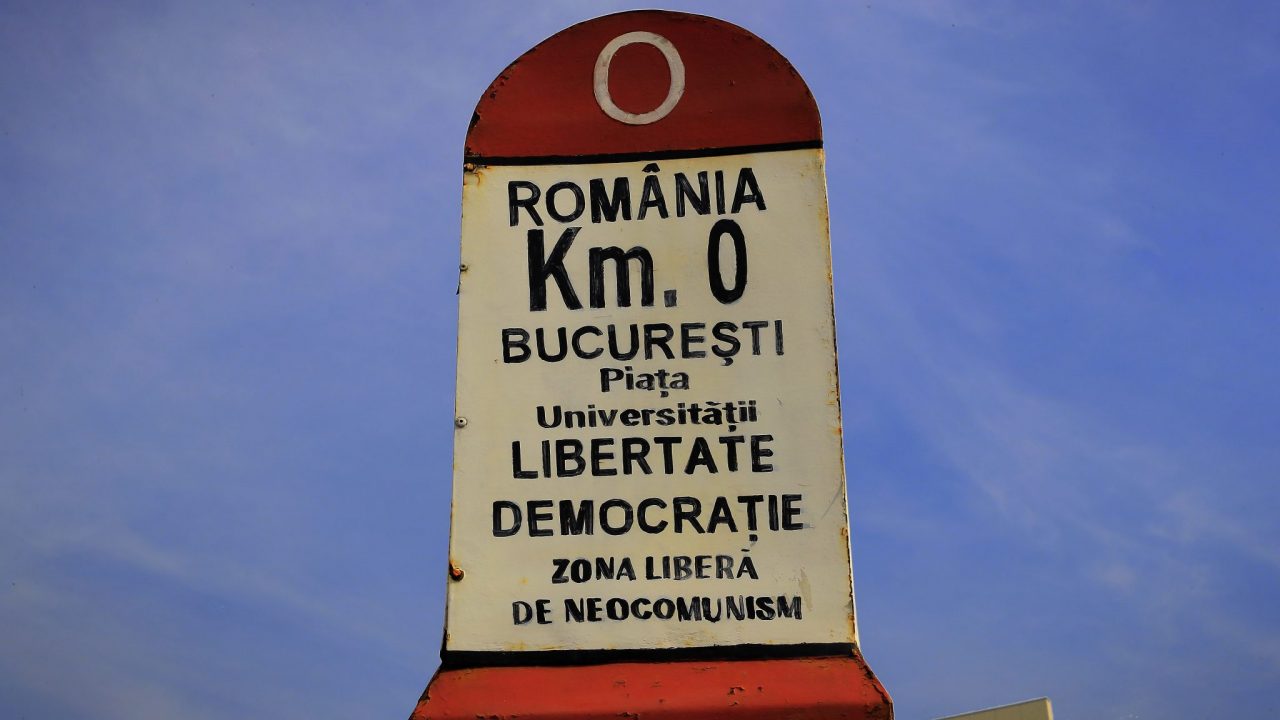The Committee for the organisation and registration of the Romanian Communist Party v. Romania, No. 20401/15, ECtHR (Fourth Section), 21 December 2021

The European Court of Human Rights recently ruled on the refusal to register a political party that had not dissociated itself from the former Romanian Communist Party.
In the present case, the Committee for the organisation and registration of the Romanian Communist Party complained about the denial of its application for registration on the national list of political parties, by relying on articles 10 (freedom of expression) and 11 (freedom of assembly and association) ECHR.
More specifically, such refusal by domestic authorities was based both on formal reasons and (above all) on the fact that the party’s programme and constitution contained vague and general terms, disregarding the socio-political evolution of the country since 1989, that they allowed for totalitarian and extremist actions capable of harming national security, and that they posed a threat to the democratic values.
By recalling its previous case law on the matter, the Fourth Section of the European Court held the interference by the Romanian authorities to be justified, as it is aimed to prevent a political group, which had largely abused its power for a long time, to abuse its rights in the future, and therefore to avoid any danger to national security or to the foundations of a democratic society.
The refusal at issue was underpinned by the purpose to counter a particularly serious abuse, albeit only potential, which would have undermined the principles of the rule of law and the foundations of democracy.
In light of the above, the interference in question met a “pressing social need” and was not disproportionate to the legitimate aims pursued, in particular the protection of national security and the rights and freedoms of others.
In conclusion, as the Strasbourg judges found the refusal to register the applicant party to be a measure “necessary in a democratic society” pursuant to art. 11 ECHR (the only provision of the Convention the European Court took into account), the application is therefore manifestly ill-founded.
(Comment by Marco Galimberti)

